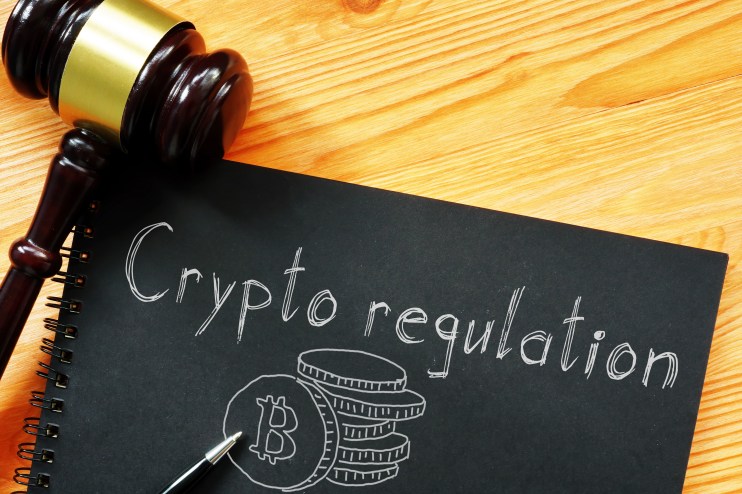Nebeus: Crypto businesses need a regulatory association to combat fraudulent activity

Legal systems globally are overwhelmed with reports of suspected cryptocurrency fraud, which have more than doubled this year. As CEO of a crypto-backed lending platform, I have seen how we and other crypto businesses are on the front line when it comes to preventing, policing and flagging suspected fraudulent activity.
The dissociation between the courts of law and cryptocurrency businesses has been felt here in the UK. In 2018, Money-4 Limited with Nebeus took necessary measures to halt and report suspected fraudulent activity involving £1.5m worth of cryptocurrency. However, while legal proceedings continued, the UK court placed a freezing order on the business for several months. In hindsight, there are simple steps we could have taken to both protect our business and satisfy the UK legal system.
We were one of the first of many businesses in the last few years to find themselves in deep water because of the lack of guidance from the legal systems. Many issues that we experienced stemmed from the lack of clear regulation and access to information before January 2020. It’s what led to Nebeus pioneering the use of cold storage for crypto involving suspected fraudulent activity, enabling it to be handed over to the courts in a format that they would understand. As it was, the lack of cryptocurrency expertise within the legal system prompted the default to freeze the business, as opposed to working with us to prevent fraudulent funds from slipping through.
We made avoidable mistakes in handling this case as there was no precedent to follow. With the benefit of hindsight, we invite other businesses in the cryptocurrency industry to learn from our mistakes as well as encourage advances in the legal systems as the strength and ubiquity of cryptocurrency grows.
Although the effect of the freezing order is still being felt at Money-4 Limited and Nebeus today, we had the chance to develop our new platform, and we are now better prepared to face future challenges in this area. For example, within the EU we are registered with Sepblac, the Bank of Spain’s Anti-Money Laundering and Financial Intelligence Unit and expect to shortly be approved for the Markets in Crypto-Assets (MiCA) regulation, which focuses strongly on rules to regulate crypto assets in the European Union. While it may take a while for MiCA to be formally adopted in EU legislation, it at least gives businesses like ours a framework to base our operations on.
As an advocate for tight legislation surrounding cryptocurrency fraud, we need greater transparency from the UK legal system in our mutual fight to prevent fraud. It will also help cryptocurrency asset owners to be aware of transactions that will be blocked to avoid future cases like ours.
It’s through working collaboratively with these businesses that authorities are able to have eyes and ears on the ground, where source of funds are tracked, and compliance is carefully adhered to. It is the responsibility of these businesses to initiate strict policies that are clearly communicated with account holders and users, and to have the means to identify and report any activity that is suspected to be fraudulent.
I firmly believe that the creation of a third-party association in the UK with specific expertise in digital currency, as well as input from those in the industry, would both support the legal system in navigating the rapidly evolving industry, as well as guide businesses like ours in the future with impartial advice. Coordination with government authorities is key, as long as there is also acknowledgement that in many cases the businesses themselves are the experts and can guide on the problem at hand. The future of finance is digital, and it’s time to make it more civilised.